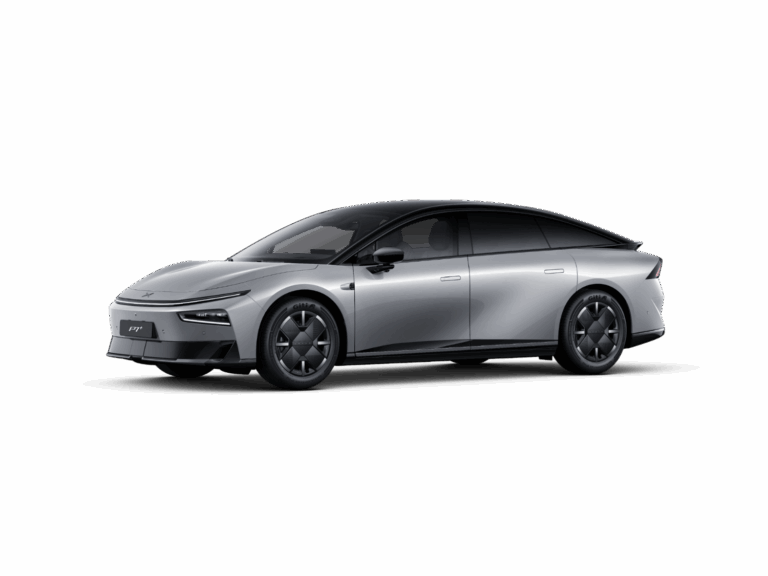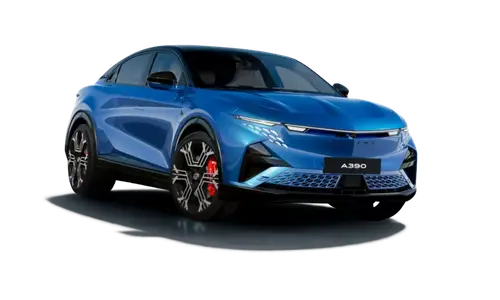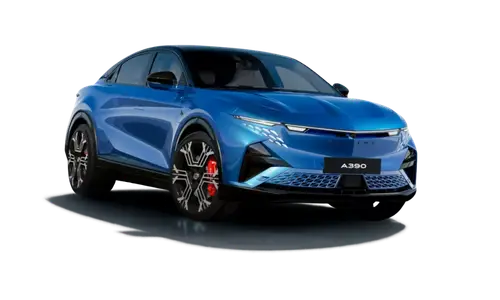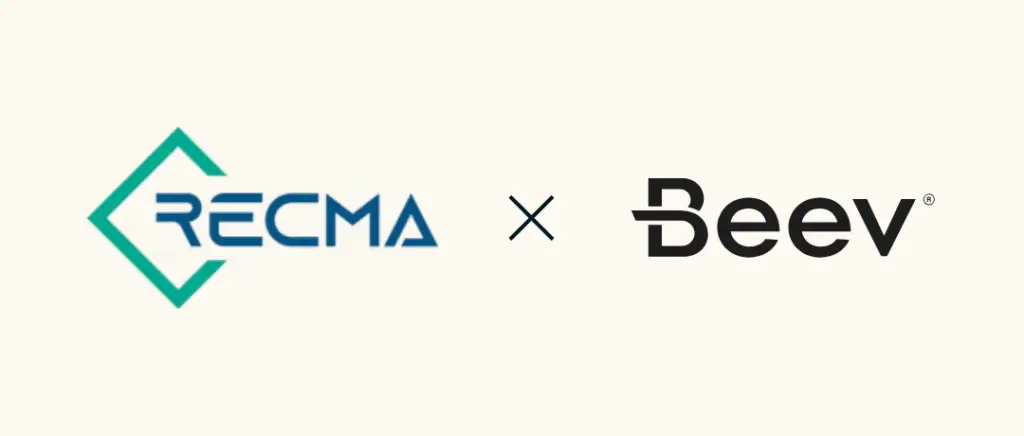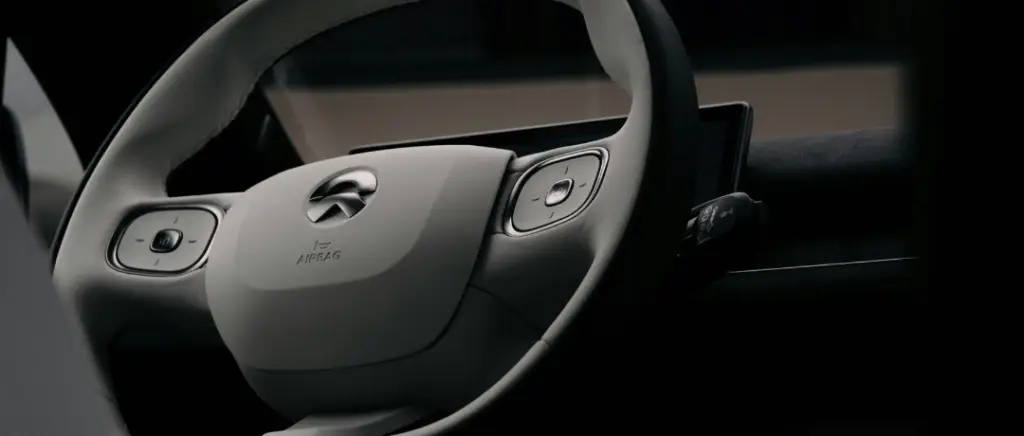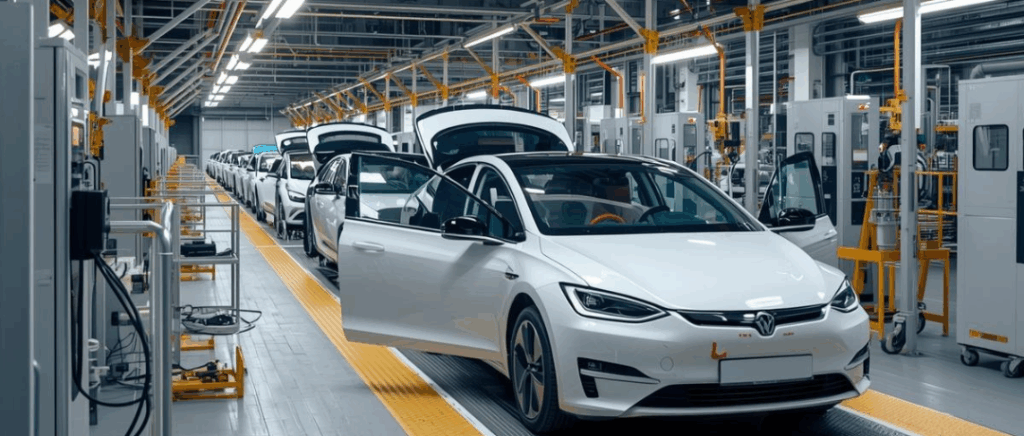Monday to Friday
9am - 12.30pm - 2pm - 7pm
What is CSR?
Corporate social responsibility is the concept of companies voluntarily integrating social and environmental concerns into their commercial activities and their relations with their stakeholders.
Sustainable development for businesses
Established in 2010, the ISO 26000 standard (the first international CSR standard to propose guidelines) is based on seven main principles:consumer issues,
- human rights,
- communities and local development,
- the governance of the organisation,
- working relations and conditions,
- the environment,
- fair practices.
For companies, CSR means taking initiatives to promote respect for the environment and sustainable development. This can be achieved by taking into account the interests of employees, customers and partners, as well as society as a whole.
As an SME, is CSR relevant to me?
All French companies, whatever their field of activity or size in terms of number of employees, are concerned by CSR. Sustainable development and environmental protection are issues for all companies, large and small. What's more, it's a matter for all companies, From 2019, French companies will be legally obliged to take ecological and human issues into account in the management of their activities.
What are the aims of CSR?
When a company embarks on a CSR approach, it is highly beneficial for its business. Improving its brand image in the eyes of its customers and prospective customers directly increases its results. Candidates applying for a job in a company are increasingly attentive to CSR criteria. An employer who is committed to an ecological approach may therefore have a better chance of attracting high-quality profiles.
What are the three pillars of CSR?
CSR is based on three main pillars:
- The environmental pillar : It concerns initiatives aimed at reducing the company's negative impact and preserving natural resources, for example by adopting eco-responsible practices (setting up a selective sorting system, awareness-raising workshops, etc.).
- The social pillar : It concerns actions in favour of employees, customers, suppliers, local communities and society in general. This applies to issues such as fairness, respect for human rights, diversity (non-discrimination policy) and inclusion.
- The economic pillar : It concerns the company's governance practices, particularly in terms of transparency, ethics, financial responsibility and contribution to the local economy.
The steps involved in setting up a CSR approach in your SME
Appoint a dedicated manager
An internal member of staff with management skills can be appointed. He or she will oversee the actions to be implemented throughout the project. An external expert can also be hired to roll out the CSR approach for an SME.
Carrying out a strategic internal audit
This stage enables you to understand your company's strategic objectives. It is important to understand your company's needs and the actions to be taken (identify the issues and determine priorities).
Drawing up an action plan
To implement a CSR strategy effectively, it is crucial to establish a CSR action plan. This plan should define the social and environmental objectives, the qualitative and quantitative measures of success and the specific actions to be undertaken. It is important to prioritise these practices, focusing on actions with the greatest impact and high return on investment (ROI).
In addition, the identification of stakeholders, such as customers, employees, suppliers, shareholders and investors, is necessary for the success of the CSR approach. The action plan will serve as a guide throughout the deployment of CSR practices and should be monitored and reported on regularly to ensure the sustainability of the CSR policy.
Communicating CSR
Once actions have been initiated, the next step is to communicate them inside and outside the organisation to ensure that everyone adheres to the new rules. This step not only helps to preserve the company's image, but also enables it to reap the benefits of the new initiatives.
Monitor the actions implemented
Finally, analysing the results of the actions you have taken will enable you to check their effectiveness. If the results are not in line with expectations, they need to be adapted to achieve the objectives set.
Read also → Corporate Social Responsibility: definition and examples
Standards and laws that a company must comply with
All companies have to comply with regulations. They are faced with new obligations concerning their vehicle fleetThe aim is to meet today's environmental challenges. What laws and standards need to be respected?
The Mobility Orientation Act (LOM)
Published on 26 December 2019 as part of the ecological transition the LOMaims to promote sustainable mobility and reduce greenhouse gas emissions. It includes provisions for promoting cycling and walking, developing public transport and reducing car use.
The Climate and Resilience Act
La climate and resilience act was unveiled on 20 July 2021. Its aim is to reduce greenhouse gas emissions and promote sustainable development. In the long term, the challenge is to reduce by 40 % GHG emissions by 2030.
Read also → The Climate and Resilience Act in 4 measures
Low-emission mobility zones
The ZFE-m are zones where vehicles that do not meet certain environmental standards are restricted or banned. In many cities, low-emission zones have been introduced to reduce air pollution.
The Ministry of Ecological Transition has also specified that, in the 10 metropolitan areas (Greater Paris, Lyon, Aix-Marseille, Toulouse, Nice, Montpellier, Strasbourg, Grenoble, Rouen, Reims and Saint-Étienne) where air quality limits are regularly exceeded, bans on vehicle traffic Crit'air 5 in 2023, Crit'air 4 in 2024 and Crit'air 3 in 2025 will be automatically set up.
Also read → Low-emission zones: what impact for professionals?
Crit'Air stickers
The Crit'Air stickers are compulsory in many French municipalities. They are used to indicate the environmental performance of vehicles. There are six categories of sticker, and the higher the number, the more polluting the car. Vehicles with high emissions are then subject to restrictions or bans in certain zones.
To circulate in the ZFE-m and during these limits, all cars, including those used for commercial purposes and those of professional fleets, must display the Crit'Air sticker. It is compulsory for all models (commercial vehicles, internal combustion cars and HGVs).
The greening of car fleets
With the new regulations concerning making car fleets greener, companies are being forced to switch to electric vehicles.

Source : Ministry of Ecological Transition
Article 103 law, adopted on 22 August 2021, even envisages a total ban on the sale of new internal combustion cars emitting more than 123 g of carbon dioxide per kilometre by 1 January 2030. Finally, in 2035, the law provides for completely stop the sale of combustion-powered vehicles in the European Union. There are plans for large-scale development of electric charging stations throughout France.
WLTP standards
The WLTP standards (Worldwide harmonized Light Vehicles Test Procedures) are a set of European Union regulations designed to improve the accuracy of vehicle emissions tests. From 1 March 2020, the new WLTP procedure has replaced the old NEDC procedurewhich has been used in France since 1973.
These regulations require vehicles to undergo more rigorous tests to ensure they meet emissions standards. The aim is to introduce a new test cycle and enable a standardised comparison of vehicles on the basis of common indicators. This protocol also serves as a reference for calculating the company car tax and registration taxes.
Also read → WLTP standard definition and changes for corporate fleets
What is the relationship between CSR and the greening of the car fleet?
CSR shows that a company is involved in environmental issues. Admittedly, there is no legal obligation for companies to include the fight against climate change in their CSR, but the LOM (Mobility Orientation Act), for example, places a strong obligation on them to do so. CSR influences both the company's activities and its ambitions in terms of low-emission mobility.
The common objectives of CSR and greening a vehicle fleet
While CSR and the greening of the car fleet may appear to be different initiatives, they nevertheless share common objectives. They both aim to :
- reduce the environmental impact and
- to improve social responsibility.
By electrifying your fleet, you can :
- reduce your carbon footprint,
- improve air quality,
- contribute to the energy transition.
By adopting a CSR strategy, you can :
- engage with your stakeholders,
- improve your reputation,
- building a sustainable business.
Nevertheless, a company's profitability should not be put aside when undertaking a CSR policy.
Get a car policy with Beev!
Need a car policy for your company? Beev will provide you with a free personalised car policy for your company.
How can CSR transform a car fleet into a sustainable fleet?
By renewing its vehicle fleet With electric vehicles, corporate social responsibility (CSR) plays an important role. It also encourages SMEs to adopt more eco-responsible practices.
Reducing your carbon footprint by setting targets
Setting targets for reducing greenhouse gas emissions is a key step for any company wishing to electrify its business. vehicle fleet. This is even more the case if you are an SME looking to strengthen your commitment to sustainable development. For example, the French Law on Mobility (LOM) encourages companies to set targets, such as gradually replacing combustion-powered vehicles with electric cars over the next few years.
It can also work with suppliers and partners who promote eco-responsible practices (using recyclable materials, for example) and who have a strong commitment to the environment. carbon footprint throughout their activity.
By setting these targets, the company is committed to reducing its environmental impact while improving its CSR performance.
Set up a recharging infrastructure
A company that decides to electrify its fleet of vehicles must start by identifying suitable locations for the installation of a recharging infrastructure (company car park or nearby public recharging stations).
By installing charging stations at strategic locations, making it easier for drivers to recharge their electric vehicles during working hours or when they are out and about. Companies can also consider installing charging points at the homes of employees who use them for business purposes.
The installation of a recharging infrastructure requires careful planning to ensure that the charging points are well located and compatible with the electric vehicles used by the company. In addition, the company must also plan for installation, maintenance and power supply costs to ensure that the infrastructure remains viable in the long term.
By setting up a recharging infrastructure, the company is encouraging the use of electric vehicles in its fleet, cutting operating costs and reducing its carbon footprint.
Encourage the adoption of electric vehicles with incentives
Offering training to your company's employees encourages the adoption of electric vehicles. This can include advice on recharging techniques, maintenance and basic troubleshooting (such as checking the state of charge of a battery). batteryreplace a faulty battery, etc.).
For example, online or face-to-face training will help your employees understand how to save energy by driving more smoothly and regularly. It can also provide recommendations on how to plan journeys efficiently using existing charging points. Training is a good way of supporting the transition to clean energy vehicles. It's also a good way of improving the satisfaction and loyalty of your team.
Conclusion
CSR therefore plays an important role in the transition to a more sustainable car fleet. By focusing on responsible and sustainable business practices, companies can reduce their environmental impact. Initiatives such as adopting electric vehicles and implementing eco-driving practices help to raise employee awareness and reduce greenhouse gas emissions. This will help to make your vehicle fleet greener.

















